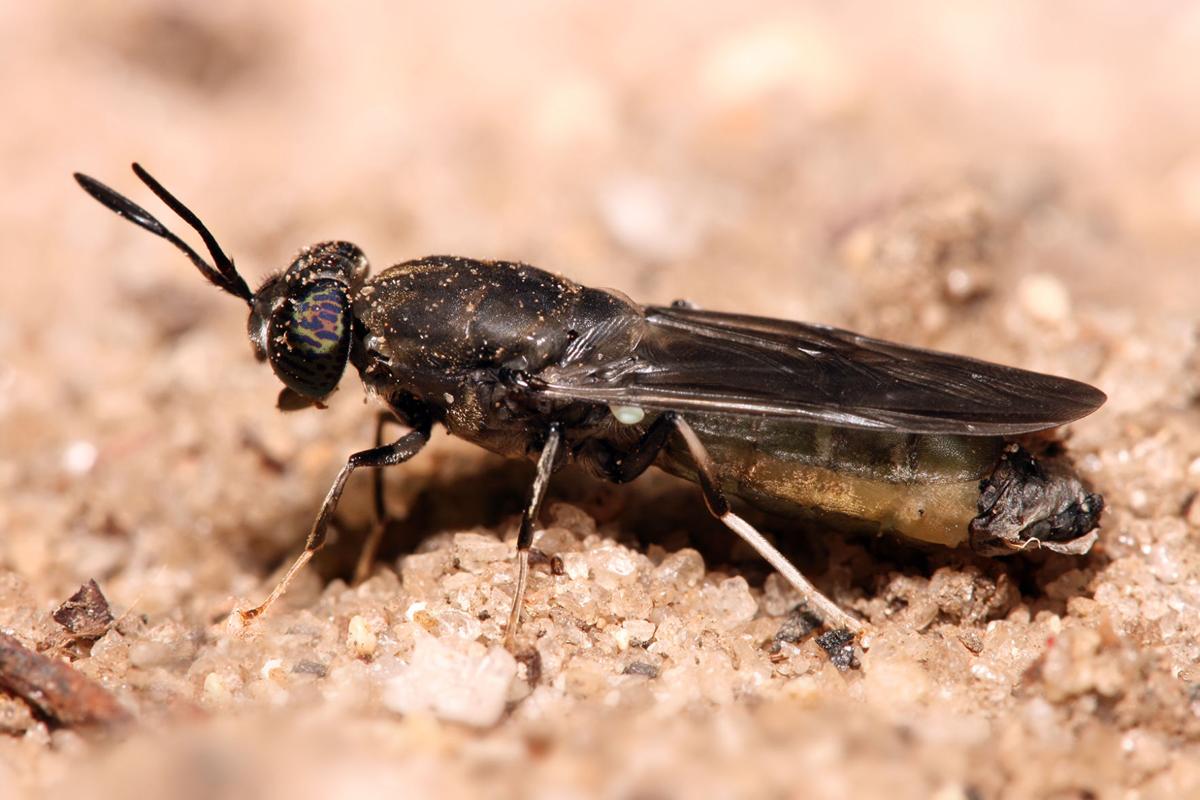Q: I am new to the area but have done extensive gardens and compost. Since I have scaled down my garden to a small area I invested in a compost tub. Adding to my kitchen and yard scraps, I put leaf litter from under a large Texas Ranger. Low and behold I found these 1-inch segmented worms, which are not the common earthworm. I looked it up on the Internet and they appear to be Black Soldier fly larvae or “Hermetia illucens.”
It stated they are very good for composting flesh, very quickly. My question is: they are in my compost bin and I don’t perceive they are harmful and will break down the plant matter, because I have not added any flesh, bones or oils to the bin, but if I add them to a planting bed along with my compost, will they eat young shoots or roots?
I have not seen any earthworms that I am familiar with; do they not survive in this soil/climate? Do I need to introduce them? If so, where would be a good place to get some? I love the feel of a good rich soil with sand for good drainage.
A: The soldier fly larvae feed on decaying organic matter including compost so they are naturally found in compost and do no harm to the compost or the gardens it is spread into. Overall they are a beneficial species and should be welcomed rather than feared.
Earthworms are great in the cooler months but they can’t take the heat in the summer of the desert. Some people keep their earthworms in a bin indoors during the hottest months or all year round. Kept properly, they don’t smell bad and you can use their compost as needed in your garden. If you decide to leave them outdoors, you will need to provide shade and some cooling effect to allow them to survive.
Peter L. Warren is the urban horticulture agent for the Pima County Cooperative Extension and the University of Arizona. Questions may be emailed to plwarren@cals.arizona.edu





